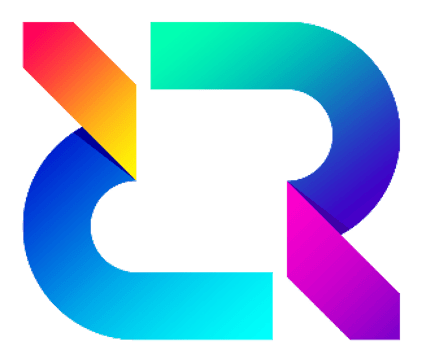rTMS - repetitive Transcranial Magnetic Stimulation
A Cutting-Edge, Non-Invasive Treatment for Mental Health
Repetitive Transcranial Magnetic Stimulation (rTMS) is an innovative, evidence-based treatment for individuals experiencing depression who have not responded to traditional therapies. rTMS is a non-invasive that uses targeted magnetic pulses to stimulate areas of the brain involved in mood regulation.
How Does rTMS Work?
rTMS works by delivering painless, focused magnetic pulses to specific regions of the brain, particularly the prefrontal cortex, which is known to be underactive in people with certain conditions. These pulses help restore normal brain activity, leading to improvements in mood, motivation, and overall mental well-being.
Each session lasts between 3 minutes - 40 minutes (depending on the protocol used), during which the patient remains fully awake and seated comfortably. The procedure requires no sedation or recovery time, allowing individuals to resume daily activities immediately after treatment.
What Conditions Can rTMS Treat?
rTMS is clinically proven for treating:
✔ Major Depressive Disorder (MDD), including treatment-resistant depression
rTMS is particularly beneficial for individuals who:
Have not responded to multiple medication trials.
Experience intolerable side effects from medication.
Prefer a non-invasive treatment options.
What does the evidence say?
TMS has been extensively researched over the past two decades and is recognized worldwide as an effective treatment for depression and other conditions.
✔ Proven Effectiveness: Studies show that up to 60–70% of patients with treatment-resistant depression experience significant symptom relief after a full course of TMS.
✔ Long-Lasting Results: Many individuals maintain improvements for months or even years after treatment, with periodic maintenance sessions recommended as needed.
✔ Minimal Side Effects: The most common side effect is mild scalp discomfort or headache, which typically resolves after a few sessions.
Are There Any Risks?
rTMS is a safe, non-invasive form of brain stimulation with minimal side effects. Unlike Electroconvulsive Therapy (ECT), TMS does not cause seizures, memory loss, or require anesthesia, meaning there is no need for sedation or recovery time.
Most side effects are mild and temporary, improving shortly after each session and decreasing as treatment progresses. Some individuals may experience:
Mild scalp discomfort or sensitivity at the treatment site
Headache, which typically lessens over time
Tingling, muscle spasms, or twitching in the face during stimulation
Light-headedness, which resolves quickly
These effects are generally well tolerated, and adjustments can be made to enhance comfort throughout the treatment process.
What to Expect from rTMS Treatment?
Initial Consultation: A comprehensive psychiatric assessment to determine if TMS is right for you.
Personalised Treatment Plan: Sessions are tailored to your unique needs.
Gradual Symptom Improvement: Many patients notice positive changes within 2–3 weeks of starting treatment.
Pricing: Inpatient rTMS is covered through Private Health Insurance. Outpatient rTMS has fees with a Medicare rebate. Please contact us if you'd like to find out more specific information.



Contact
admin@rrclinic.com.au
(07) 4602 2070


Radiant Recovery Clinic acknowledges Traditional Owners of the Country throughout Australia and recognises the continuing connection to lands, waters and communities. We pay our respect to Aboriginal and Torres Strait Islander cultures, and to Elders past, present and emerging.


